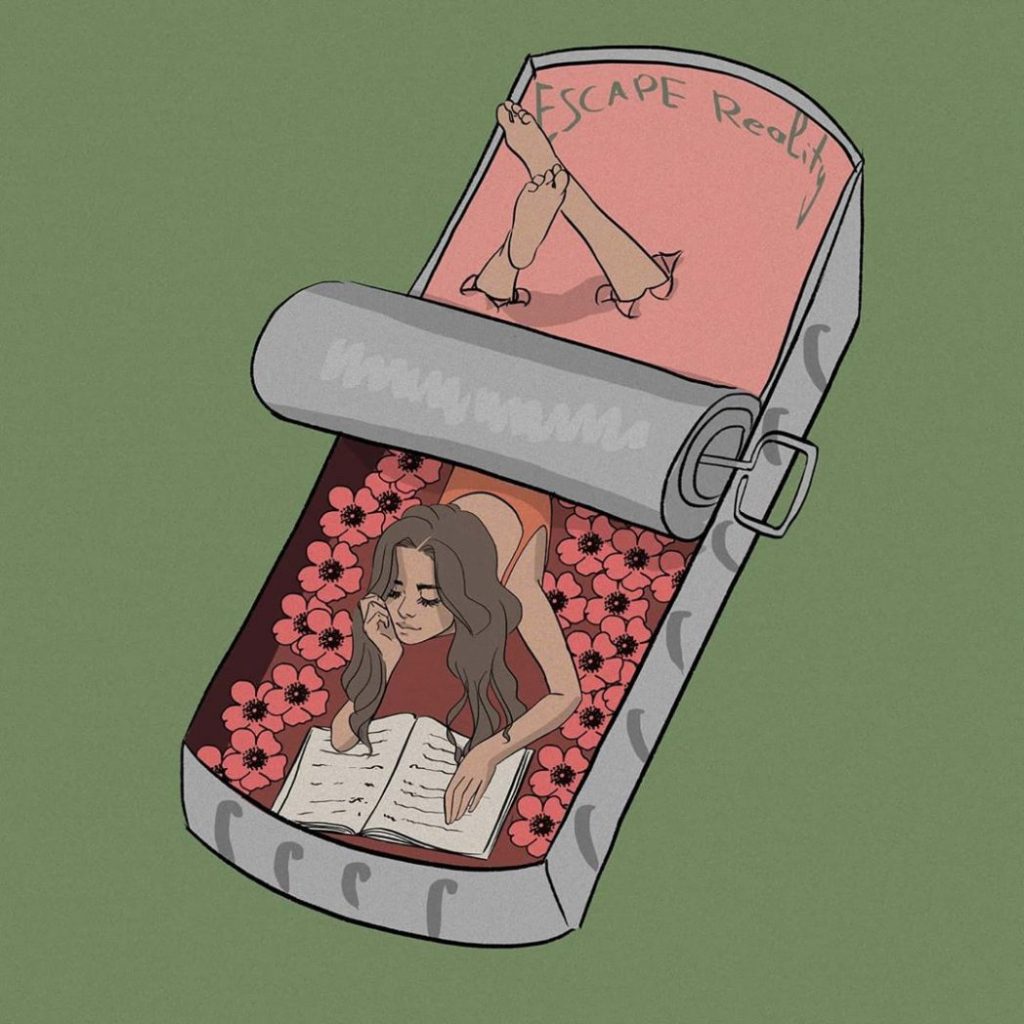Wash your eyes clean in a book, hang it back in the sky.
This is just about what a book does as far as redemptive qualities go. The many flipping pages, echoes of a spinning blade blowing off dust and debris gathered in the soul – dregs of the negative balance of life; dregs of dolorous predictability & drained wonder.
Franz Kafka reasoned a book as an axe, the soul being acted upon as a glaciated entity. And by all means and applications do I agree. In fact, as I write, I cognitively have my two hands up, and my leg stamping the ground like a branding machine assigning a company’s logo to moving brown boxes.
To hijack the train of thought above, a book releases its reader from being bound in a fix that mostly manifests as sticky thinking grooves. Hence the apt radiating metaphor of an axe breaking the ice which allows free flow & also the sustained nutrition of the internal biodiversity, by way of fishing.

It doesn’t stop there. By the selfsame action of liquefaction, the reader is handed a souvenir of soft presence. Soft from the humility of learning/unlearning/relearning (more from the first two than the last). The unlearning prong of the trivium feeds into the final reverberation of the axe metaphor – chaos. The solidity & definiteness of ice giving way to the way of water – fluidity, nomadism, and that dreaded C word, chaos!
Okay, all sweet & sharp. Smooth & sweeping, but…what did Kafka miss?
Nothing.
Nothing?
Well, not in the absolute absence sense of the word.
Oh, crap! What th-
Halt, halt, halt.
Hear me out.
So Franz Kafka, by a very elastic extrapolation of his words, may have hinted at the redemptive capacity of books, but only a part of it.
(If not, why waste pen, pain, and paper?)
By the defrosting of humidity availed by humility when reading a book, we click “refresh” on perspective. What value this contortion of reality provides is that of complementary verticality. The inner/third eye overlords all in its ambit of knowledge. But every now & then, it gets polluted by emissions in the internal economy, so becoming stagnated and, sometimes, blind.
This tendency is what the entry quote seeks to explore. Rather than a counterpoint to Kafka, it provides the Y-axis to the horizontality of Kafka’s.
A book is a beautiful thing. A book is beautiful: it’s more than a thing.
